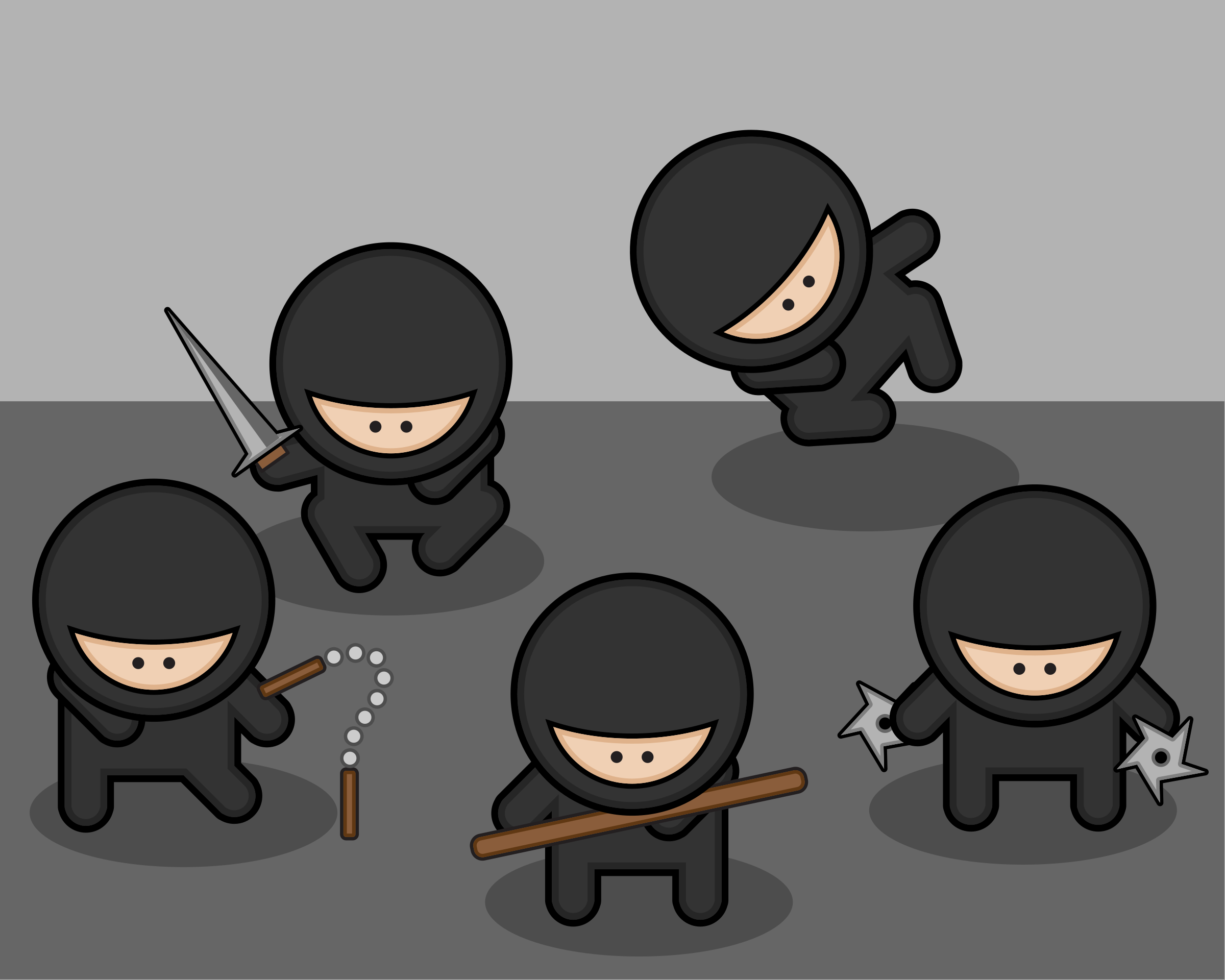Character Development
Experience
Throughout the adventure, characters are exposed to challenging situations. These situations help the characters grow more and more experienced. Experience points help you keep track of your character's experience.
Awarding Experience Points
The following chart shows how many experience points the GM should award to characters whenever appropriate. Award experience points after a game session, rather than during a game session to keep the story moving.
| Character | |
| 75 |
Avoid violence. |
| 50 | Clever, but futile idea. |
| 100 | Clever, successful idea. |
| 250 | Clever idea that saves the character or another person. |
| 500 | Clever idea that saves a group of people. |
| 25 | Coming up with an idea. |
| 50 | Cooperative work. |
| 150 |
Deductive reasoning and insight. |
| 50 | Good judgement. |
| 10 |
Neutralizing a thug. |
| 25 | Neutralizing a minor menace. |
| 50 | Neutralizing a major menace. |
| 100 | Neutralizing a great menace. |
| 150 | Neutralizing a villain. |
| 500 | Completing the primary objective. |
| 250 | Completing the secondary objective (if any). |
Professional Experience
The character's profession receives the same amount of experience points as the character. If the character have multiple professions, then the experience points awarded to the professions must be divided equally among all of the character's professions. Strip off all decimals (do not round).

Character Level
Level of a character indicates how much experience a character has. Each character has an experience level called character level and each profession has its own experience level called profession level. When gaining a character level, the character will become tougher. When gaining profession level, the skill set becomes stronger. Whenever the character's experience points exceed the Level Experience specified for its race, the character gains a level. The same is true whenever the profession's experience points exceed the Level Experience specified for the profession.
Gaining Levels
Every time the character fullfills its experience points, the level is increased by one. The experience points reverts back to 0 and it starts all over again. Extra experiences may or may not be carried over based on the decision of the GM. Once the character gains a level, additional skill points are awarded. Education, times 10 then divided by 2, is the amount of skill points awarded. Skill points awarded need not be spent immediately. But it may not be spent during a gaming session.
Increasing Damage Points Capacity
Every time a character gains a level, its maximum damage points capacity increases. Use the following chart to calculate the character's new maximum damage points capacity:
Health below 9 |
+1D4 |
Health between 9 and 12 |
+1D6 |
Health above 12 |
+1D8 |
Increasing Power Points Capacity
To increase maximum power points capacity, a character must practice his/her spiritual powers. To do so, the character simply uses its magic spells or psy-powers. If your character does not practice any spiritual power, then the maximum power points capacity will not increase. Maximum power points capacity increases when the character gains a level. The amount of power points your character gains is determined by the following formula:
Power Points = Intelligence + Wisdom / 2
Increasing Skill Percentage Through Age
As a character becomes older, he/she will acquire more skills and skill percentages. Each year (game time), the amount of skill percentage gained may be computed with the following formula:
Percentage = Education + Intelligence
The result of this formula is the number of percentage points a player may distribute among the character's skill set.


